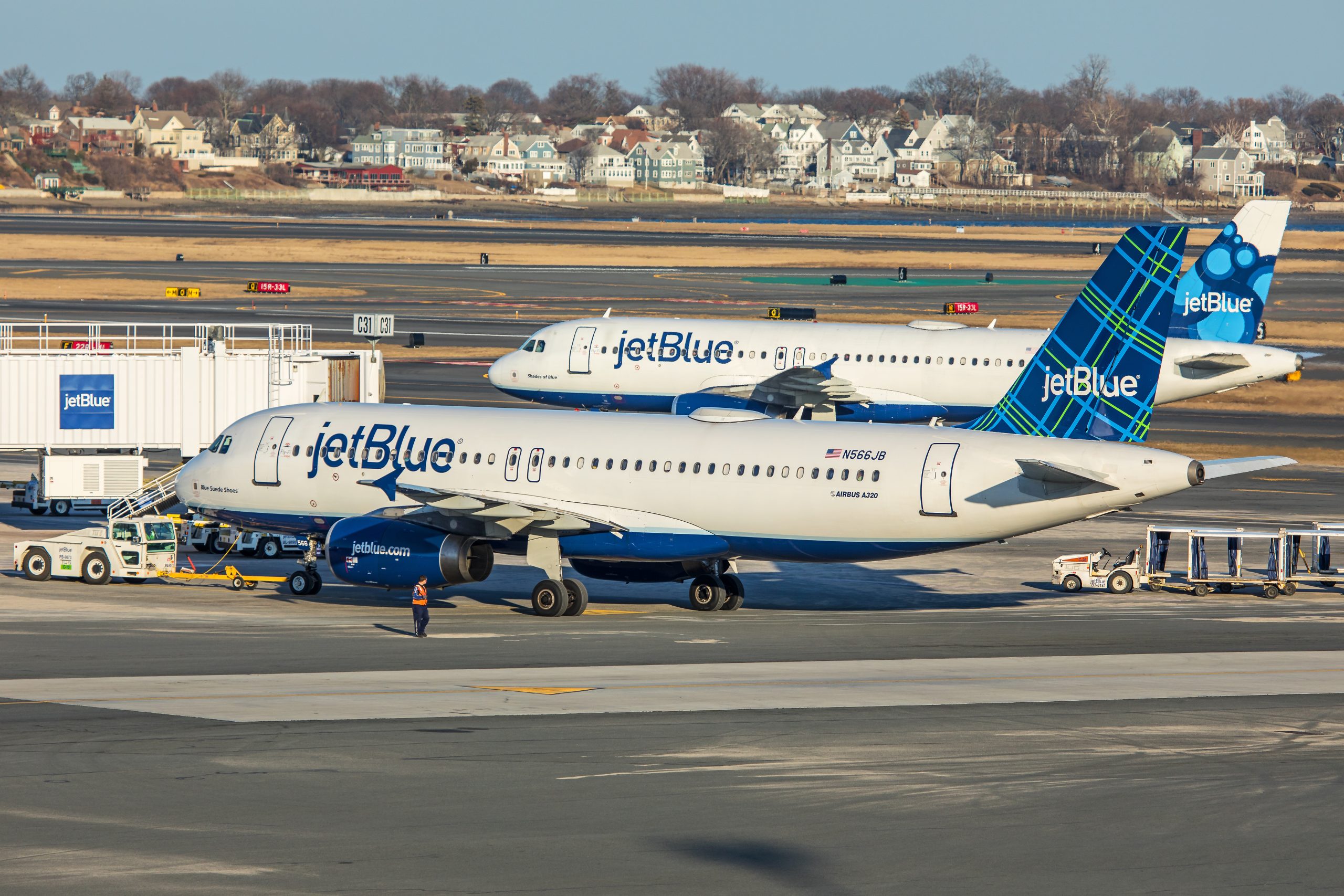
Hawaiian Slated to Return Grounded A321neos to Service
Hawaiian Airlines says it expects to return all 18 of its Airbus A321neo aircraft to revenue service in the coming…

An Airbus A320neo (Photo: Airbus)
An Airbus spokesman confirmed on Wednesday that it intends to increase the monthly output of its the Airbus A320 series from the current 55 aircraft to 63 by 2019, which will significantly improve the capacity of the builder to take new orders in a timeline that is suitable for future customers. However, while Airbus presses to increase the production rate of its best-selling aircraft family, its various suppliers are reluctant to extend that commitment.
According to its last Orders & Deliveries report, Airbus has a backlog of 6,000 aircraft of the A320 family in all its variants. Ramping up production to 63 aircraft per month would eliminate almost a year of the maximum waiting queue, shortening the wait from 9 years to slightly over eight.
However, this change in production capacity puts significant pressure on Airbus’ suppliers, who are reluctant -while not directly opposed- to that increase. One of the critical vendors for the A320 family is Safran, which provides, in partnership with General Electric, the CFM LEAP engines that both the new A320neo and A321neo variants use. The engines are a key part of the aircraft’s fuel efficiency and low operating costs.
CFM has already struggled with delivery delays, impacting directly on Airbus’ capacity for aircraft delivery. The backlog from CFM was evident at the end of 2017 when gliders started to pile up outside Airbus’ Toulouse factory, waiting for their engines to arrive and be mounted.
“We are not in a position to commit ourselves to higher volumes,” said Philippe Petitcolin, Safran’s CEO. “We understand the needs of our client and if we are able to respond favorably we will do so, but we don’t want to start discussions on a commitment beyond what was agreed 18 months ago until at least early 2019.”
Safran expects to deliver between 1,100 and 1,200 engines in 2018. Therefore, the failure to go along with the increased production rate hike would create a larger bottleneck, provided the engine maker doesn’t find any performance issue like the one that delayed the projected deliveries last year.
Beyond 2019, Airbus wants to raise the bar even higher, taking the production rate to 75 aircraft per month for the builder to keep the pace with the air industry growth and product demand. Boeing is also taking steps to take its 737 family production rate to 57 in 2019, and other constructors aim to optimize their output.
It is a challenge that will put a complex ecosystem of suppliers to the test because a small failure can break the supply chain and create a worldwide ripple effect with unforeseeable consequences.
Since a little kid, Pablo set his passions in order: aviation, soccer, and everything else. He has traveled to various destinations throughout South America, Asia, and Europe. Technology and systems expert, occasional spotter, not-so-dynamic midfielder, blogger, husband, father of three cats; he believes that Latin America's aviation industry past, present, and future offer a lot of stories to be told.
Receive a daily dose of the airline industry's top stories along with market insights right in your inbox.

Hawaiian Airlines says it expects to return all 18 of its Airbus A321neo aircraft to revenue service in the coming…

On Tuesday, JetBlue announced that it has adjusted its annual revenue forecast. The carrier announced that its revenue will be…

Royal Air Maroc and Safran have deepened their collaboration in aircraft engine maintenance. In celebration of its 25th anniversary, Safran…



